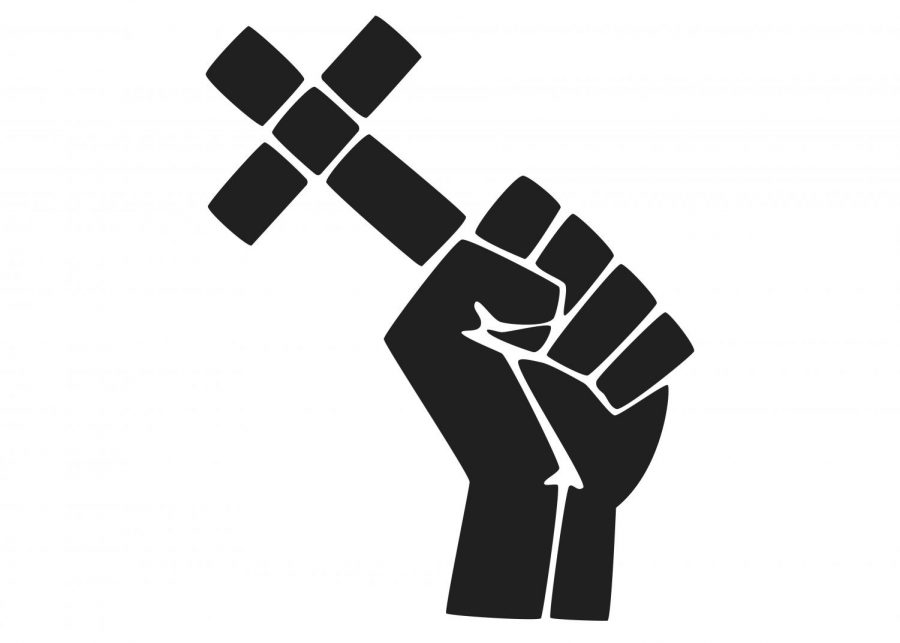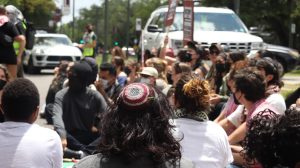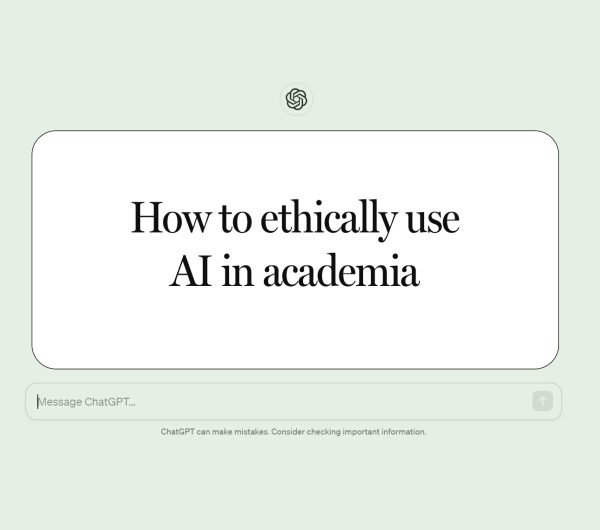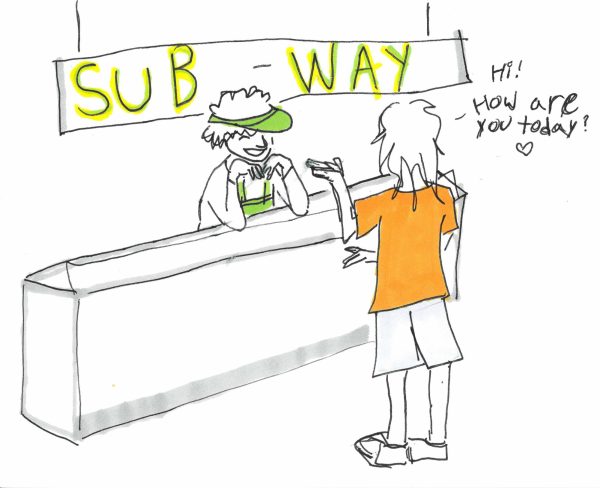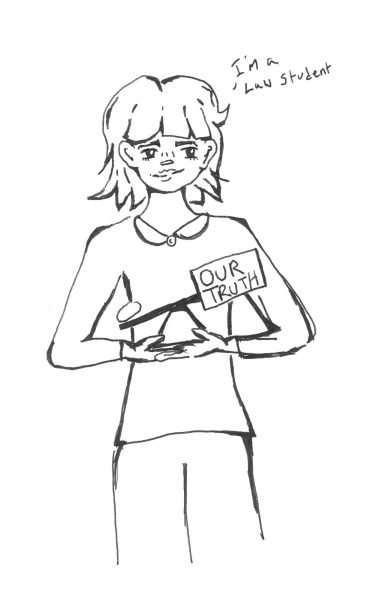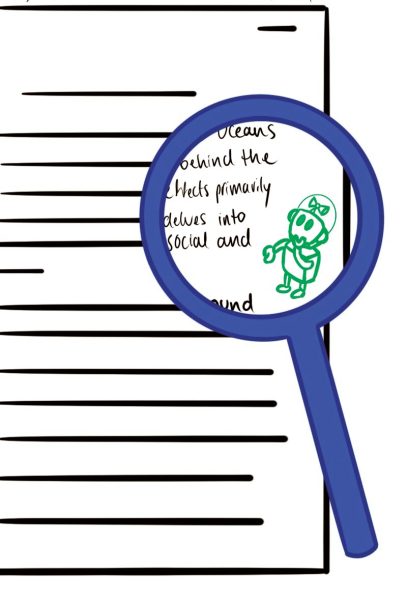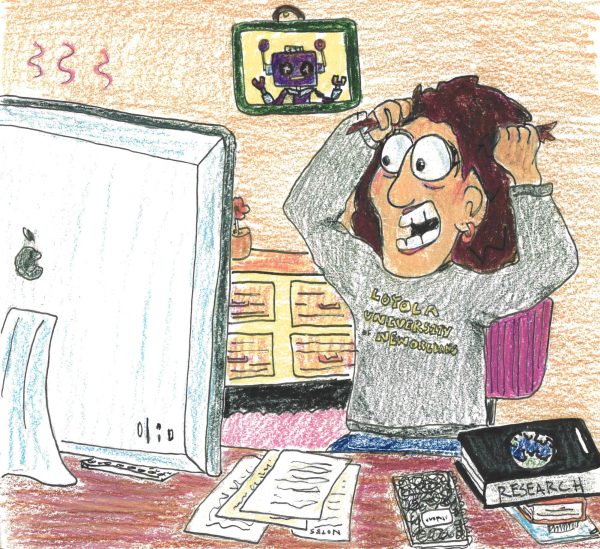Opinion: Ending racism is God’s justice
October 31, 2020
Imagine if someone were to write an op-ed in the U.S. today using the following sentences:
“Racism and economic oppression are distinct but interrelated forces which dehumanize our society. Movement toward authentic justice demands a simultaneous attack on both evils.”
“The structures of our society are subtly racist, for these structures reflect the values which society upholds. They are geared to the success of the majority and the failure of the minority.”
“At times, protestations claiming that all persons should be treated equally reflect the desire to maintain a status quo that favors one race and social group at the expense of the poor and the nonwhite.”
I suspect that such an article today would attract outraged responses and angry online comments. The author probably would be dismissed by some readers as an angry liberal. Some would claim the article’s author was promoting secularism, Marxism, and godlessness. No doubt, somebody would bring up Rep. Alexandria Ocasio-Cortez of New York.
Remarkably, however, those sentences were written by the U.S. Catholic bishops in 1979.
The pastoral letter in which these statements were written sounds radical; the bishops knew that. “Racism… is a radical evil that divides the human family and denies the new creation of a redeemed world,” they wrote. “To struggle against it demands an equally radical transformation, in our own minds and hearts as well as in the structure of our society.”
While the U.S. bishops had written letters before this one about racism, they had never spoken out so strongly against it. The institutional Church had participated in the racist white culture of the U.S. in devastating ways—and in some ways still does. But the bishops in their letter wanted to make something clear: that racism in any form is both anti-human and anti-God.
Acts and systems of racism rest on the premise that some people due to their race are not worthy of being treated according to the basic demands of justice. In other words, some people deserve sub-human treatment due to their skin color. But Christianity proclaims the equal dignity of the human person across all racial lines, since all people and peoples are created by one God. Racism is not only gravely harmful to its victims; it is an implicit denial of God as the creator of the human family.
Pope John Paul II, speaking to the United States on his visit here in 1999, repeated the bishops’ assertion that racism was “one of the most persistent and destructive evils of the nation.” Pope Francis recently described the situation of racism continuing to emerge in society: “Instances of racism continue to shame us, for they show that our supposed social progress is not as real or definitive as we think.”
Racism in all of its forms—whether a personal act of discrimination, the disenfranchisement of voters of color, or the failure of the U.S. to fulfill its treaty obligations to Native Americans—is an ugly, pernicious crime. It leaves human persons created in God’s image sick, beaten, traumatized, enslaved and dead. Many people have been fighting it for years. Those of us who have been on the sidelines must join them in this struggle.
Such a struggle should not be cast aside as “liberal” or “Marxist.” Working for the elimination of racism is required by the basic demands of justice and the Catholic faith that informs this university’s mission. Let us ask God, who “has made of one blood all peoples of the earth” (Acts 17:26), to give us the grace—and the courage—to move forward in building a just society.


